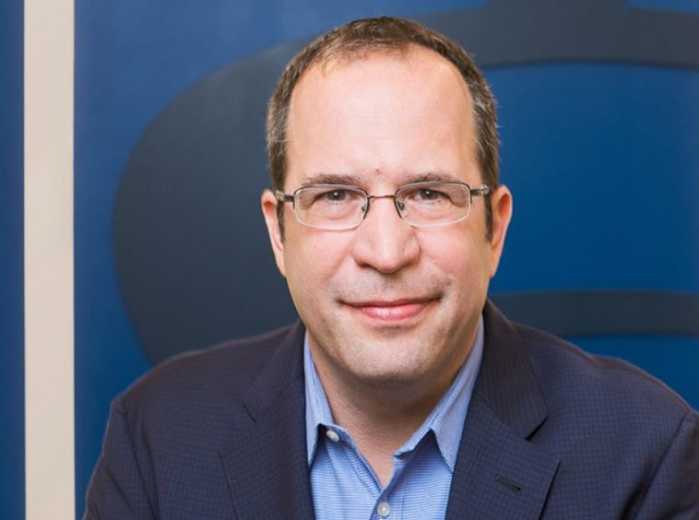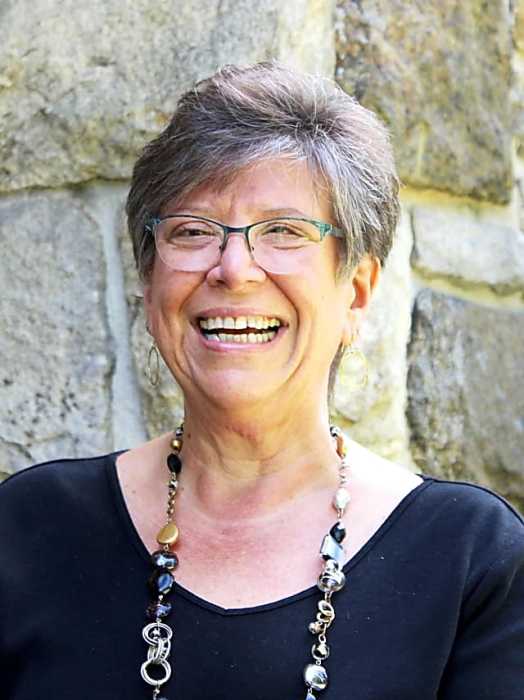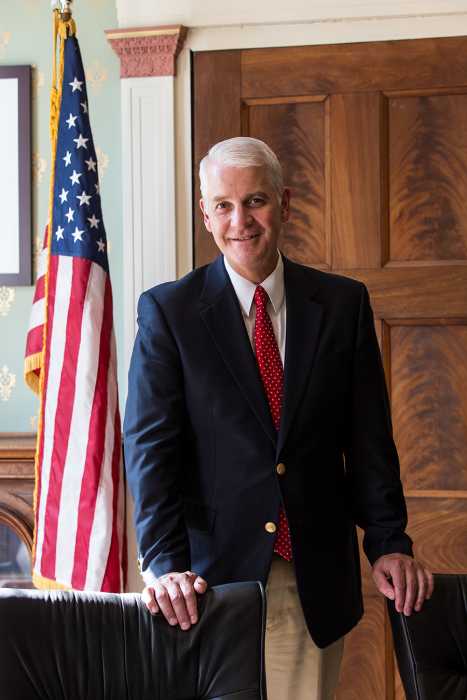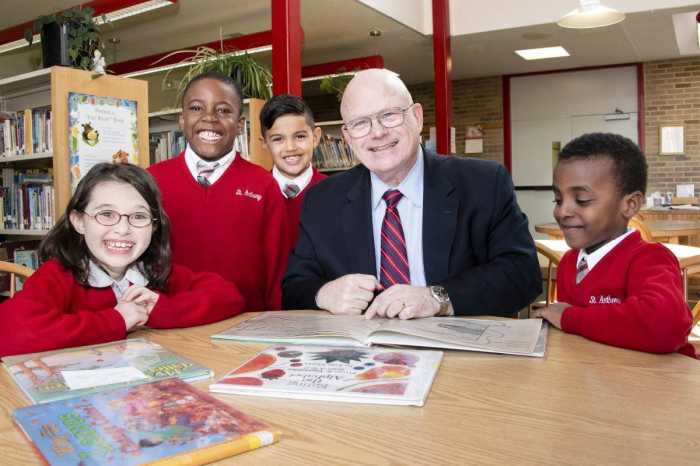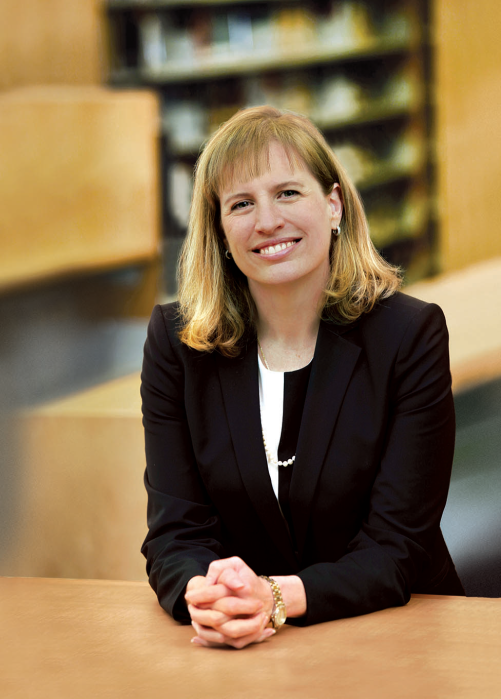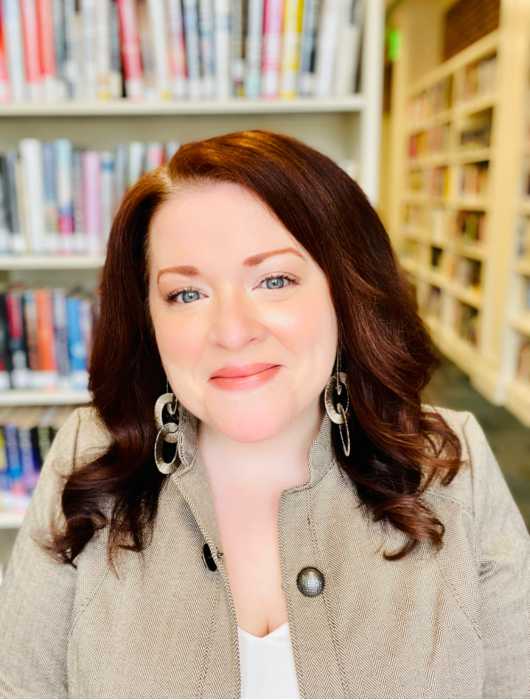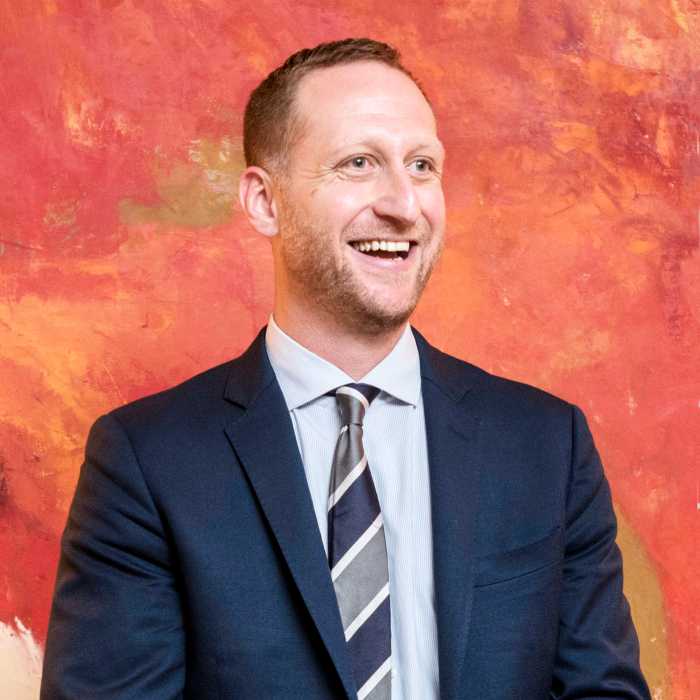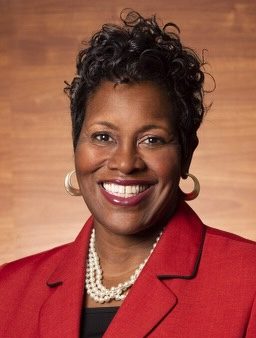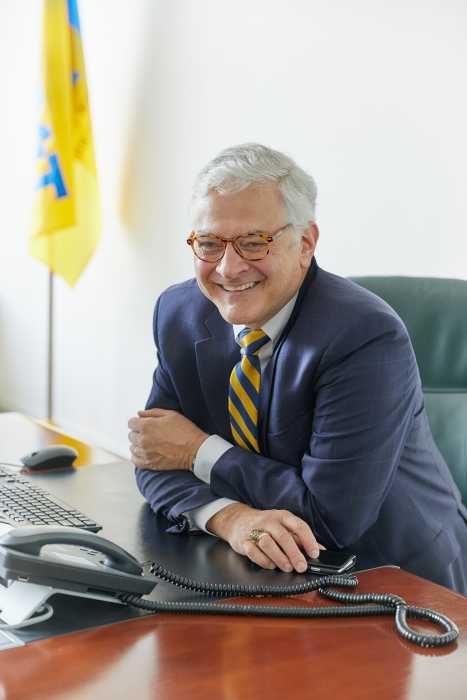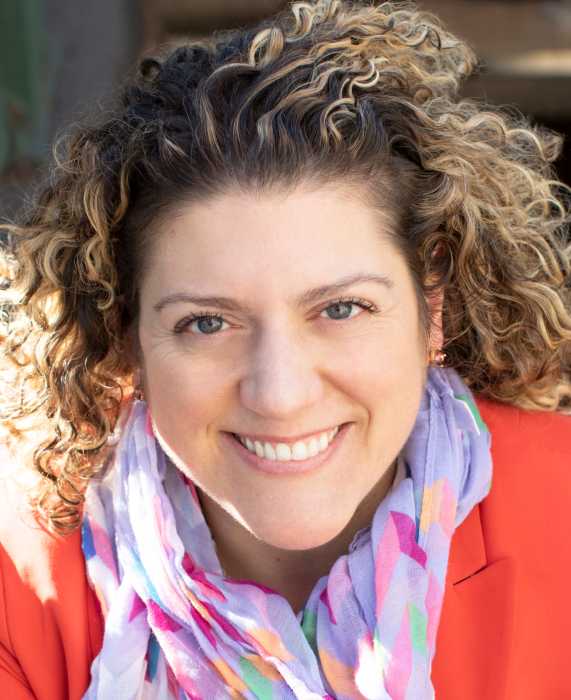David Coleman joined the College Board in 2012. Over the past decade, he has led a comprehensive redesign of the SAT and the development of the first digital version of the exam; invested in a dramatic expansion of the Advanced Placement Program to reach more students of all backgrounds; and guided the College Board’s mission-driven response to the Covid pandemic, helping millions of students remain on track during a time of unprecedented challenge for American education. Before coming to the College Board, David was a co-founder of Student Achievement Partners, a national nonprofit devoted to raising standards of student achievement in math and literacy. A native of New York City and a proud graduate of its public schools, David earned a degree from Yale University and attended the University of Oxford as a Rhodes Scholar. He is the father of two young children and a deep believer in the power of education to change lives for the better.
What can New York policymakers do to ensure equitable access to quality education?
New York City Public Schools is a pioneering leader in ensuring high-quality classwork for all students that is relevant to their lives. Through its AP For All initiative, every student has the opportunity to take advanced coursework during their high school career. We believe equity and excellence go hand in hand, and New York City Public Schools’ AP For All initiative is helping to make that a reality. Policymakers in New York can continue to build on their admirable record of supporting access in high school to rich and relevant advanced coursework through AP.
What conditions or resources are conducive to a safe and effective learning environment?
Having a great teacher is the most transformative experience a young person can have. The effects of a remarkable teacher on students’ learning and trajectory dwarfs all others.
Describe a learning experience from your own education that stands out.
In college, one of the most enduring learning experiences I had was tutoring students in New Haven Public Schools. I learned firsthand that everyone is equal before a text. At times, I would hear seventh graders ask more penetrating and perceptive questions than my classmates at Yale. It was humbling and thrilling to see.


